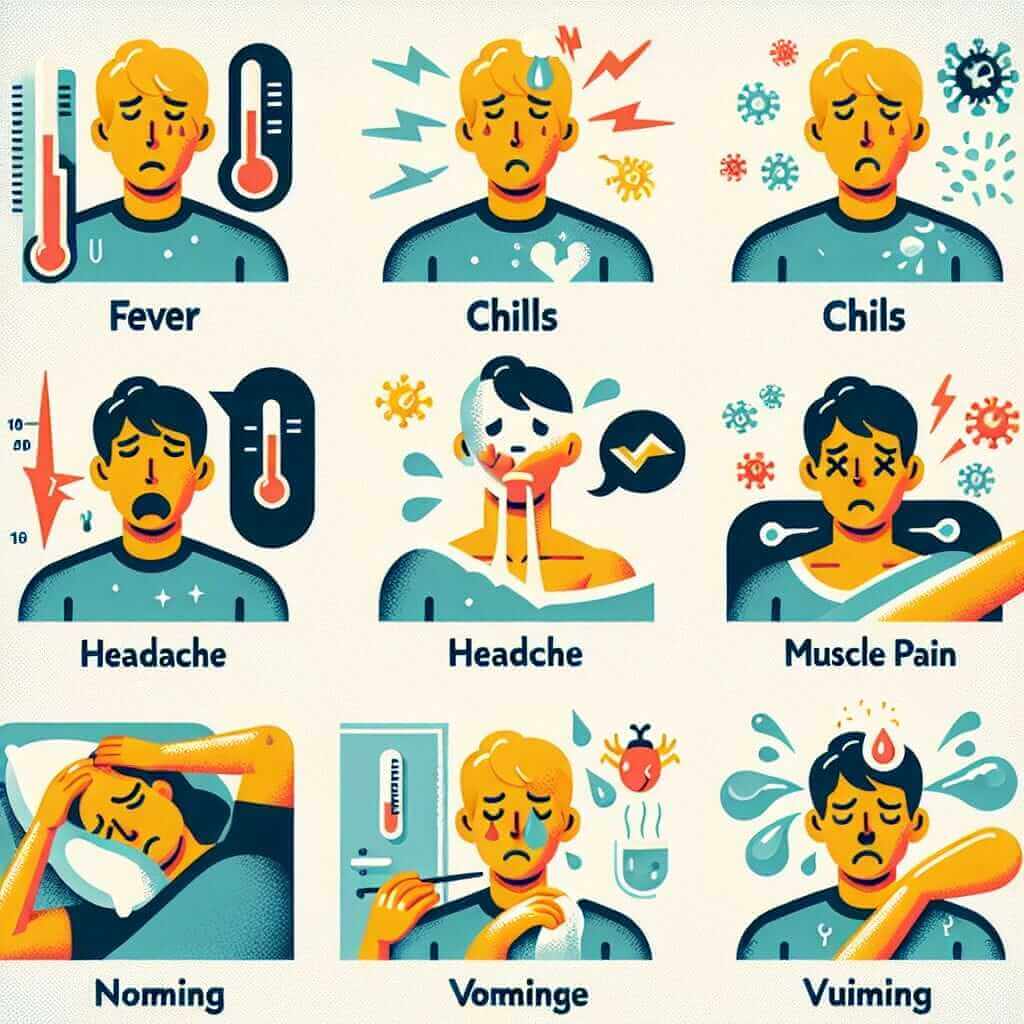The IELTS exam often features health-related topics, and “malaria” is a word that can appear in various sections. Understanding its meaning, usage, and related vocabulary can significantly enhance your performance. This article will equip you with the necessary knowledge to confidently tackle “malaria”-related questions in your IELTS exam.
Understanding “Malaria” and its Synonyms
Before delving into exam strategies, let’s clarify the meaning of “malaria” and explore some related terms:
- Malaria: (noun) /məˈleə.ri.ə/ – A serious disease that causes fever and shaking chills, spread through the bite of infected mosquitoes.
- Example: Malaria is a major public health concern in many tropical and subtropical regions.
Here are some synonyms and related terms:
- Mosquito-borne illness: (noun) /məˈskiː.təʊ bɔːrn ˈɪl.nəs/ – A general term for diseases transmitted by mosquitoes.
- Example: The use of mosquito nets is crucial for preventing mosquito-borne illnesses like malaria.
- Parasitic disease: (noun) /ˌpær.əˈsɪt.ɪk dɪˌziːz/ – An illness caused by a parasite, an organism that lives in or on another organism.
- Example: Parasitic diseases, such as malaria, can have devastating effects on communities with limited access to healthcare.
- Fever: (noun) /ˈfiː.vər/ – A medical condition marked by an abnormally high body temperature.
- Example: One of the common symptoms of malaria is a high fever.
- Chills: (noun) /tʃɪlz/ – A feeling of coldness, often accompanied by shivering.
- Example: Patients with malaria often experience alternating episodes of fever and chills.
<
“Malaria” in the IELTS Exam
The word “malaria” can appear in various sections of the IELTS exam, including:
- Listening: You might encounter a lecture or conversation discussing malaria prevention methods or its impact on communities.
- Reading: An academic text could explore the history of malaria, research on vaccines, or its socio-economic consequences.
- Writing Task 2: You might be asked to discuss the challenges of combating infectious diseases, with malaria as a prime example.
- Speaking: The topic of health is common in the IELTS Speaking test, and you could be asked to describe a health issue affecting your community or discuss global health challenges.
Applying “Malaria” in Different IELTS Sections
Here’s how you can effectively utilize “malaria” and related vocabulary in different sections:
Listening
Example: You hear a public health announcement about malaria prevention.
What you might hear: “One of the most effective ways to prevent malaria is to sleep under insecticide-treated mosquito nets.”
Key takeaway: Pay close attention to keywords like “prevention” and “insecticide-treated nets” to answer questions related to malaria control.
Reading
Example: An article discusses the impact of climate change on malaria transmission.
Text excerpt: “Rising temperatures and changes in rainfall patterns are creating more favorable conditions for the mosquitoes that carry malaria, leading to concerns about an increase in cases.”
Key takeaway: Focus on understanding the relationship between climate change, mosquito breeding, and the spread of malaria.
Writing Task 2
Example question: “What are the main challenges in eradicating infectious diseases like malaria, and what measures can be taken to address them?”
Sample response: “Eradicating malaria presents significant challenges, including the development of drug resistance in parasites, the lack of access to healthcare in affected regions, and insufficient funding for research and control programs…”
Key takeaway: Use “malaria” as a concrete example when discussing broader themes like infectious diseases, healthcare disparities, or global health initiatives.
Speaking
Example question: “What are some common health problems in your country?”
Sample response: “One major health concern in my country is the prevalence of mosquito-borne illnesses, particularly malaria. This is especially problematic in rural areas…”
Key takeaway: Incorporate “malaria” naturally into your response, providing specific details about its impact and the challenges it poses.
Collocations with “Malaria”
Using “malaria” in conjunction with other relevant words can make your language more precise and natural:
- Malaria transmission: The process by which the malaria parasite is spread from mosquitoes to humans.
- Malaria symptoms: The signs and indicators of malaria infection, such as fever, chills, headache, and muscle pain.
- Malaria prevention: Measures taken to avoid contracting malaria, such as using mosquito nets and insect repellents.
- Malaria treatment: The use of antimalarial drugs to cure the infection and manage symptoms.
- Malaria vaccine: A type of vaccine being developed to provide immunity against malaria.
Idioms and Phrases Related to “Malaria”
While there are no idioms directly related to “malaria,” you can use metaphorical language to describe its impact:
- “A scourge on society”: Malaria can be described as a “scourge” due to its devastating impact on communities and economies.
- “A heavy burden”: The disease places a “heavy burden” on healthcare systems and individuals, particularly in resource-limited settings.
Conclusion
Mastering the use of “malaria” and related vocabulary is essential for success in the IELTS exam. By understanding its meaning, synonyms, and how it’s used in various contexts, you’ll be well-prepared to tackle any “malaria”-related questions with confidence. Remember to practice using this vocabulary in your speaking and writing to improve fluency and accuracy.